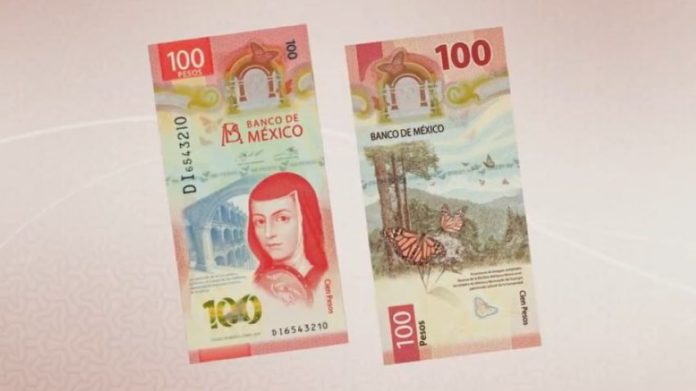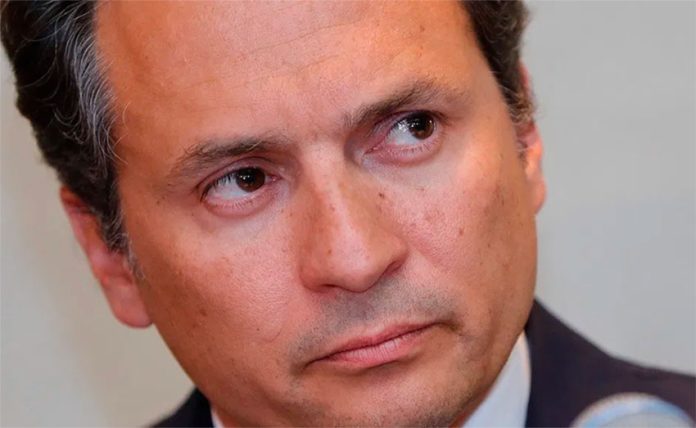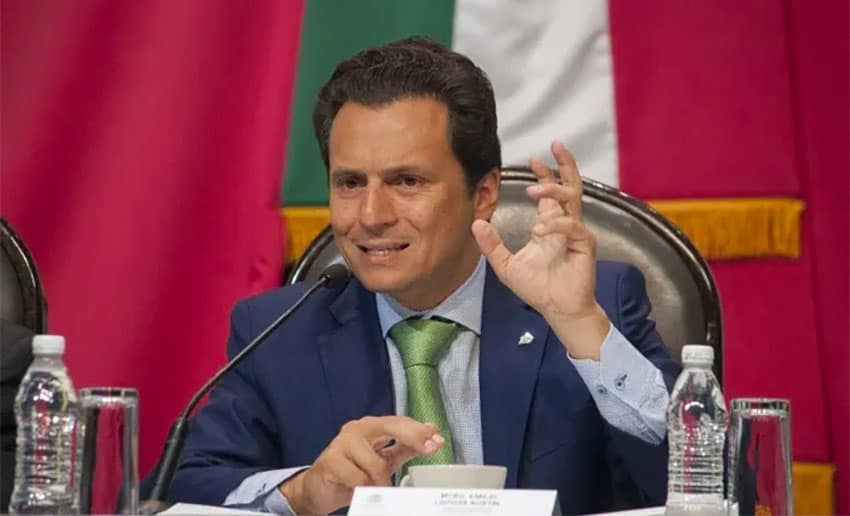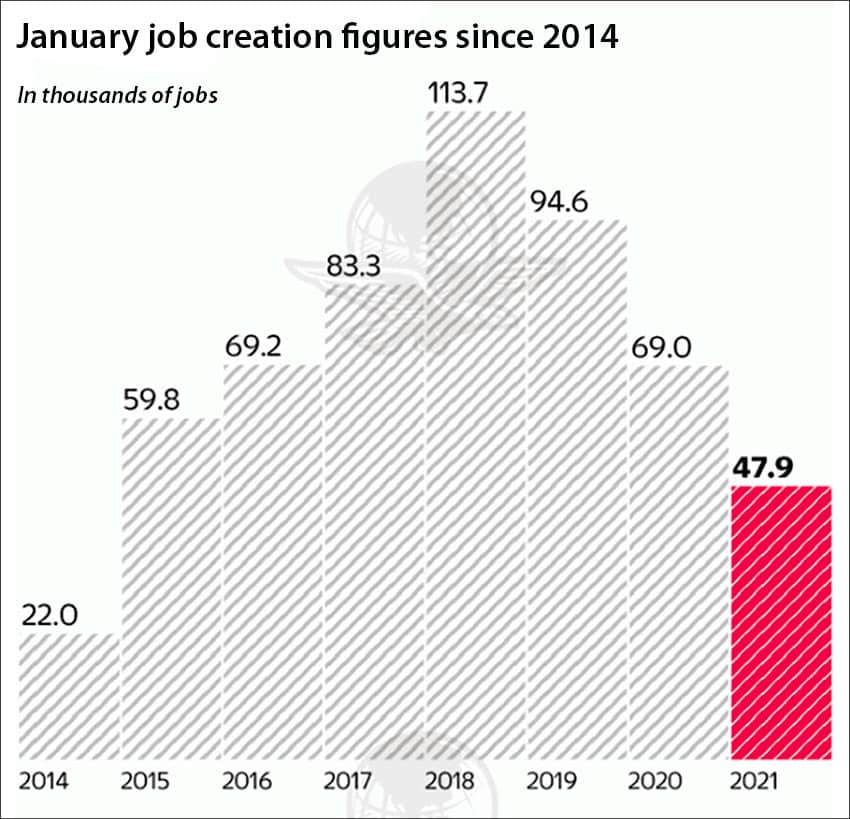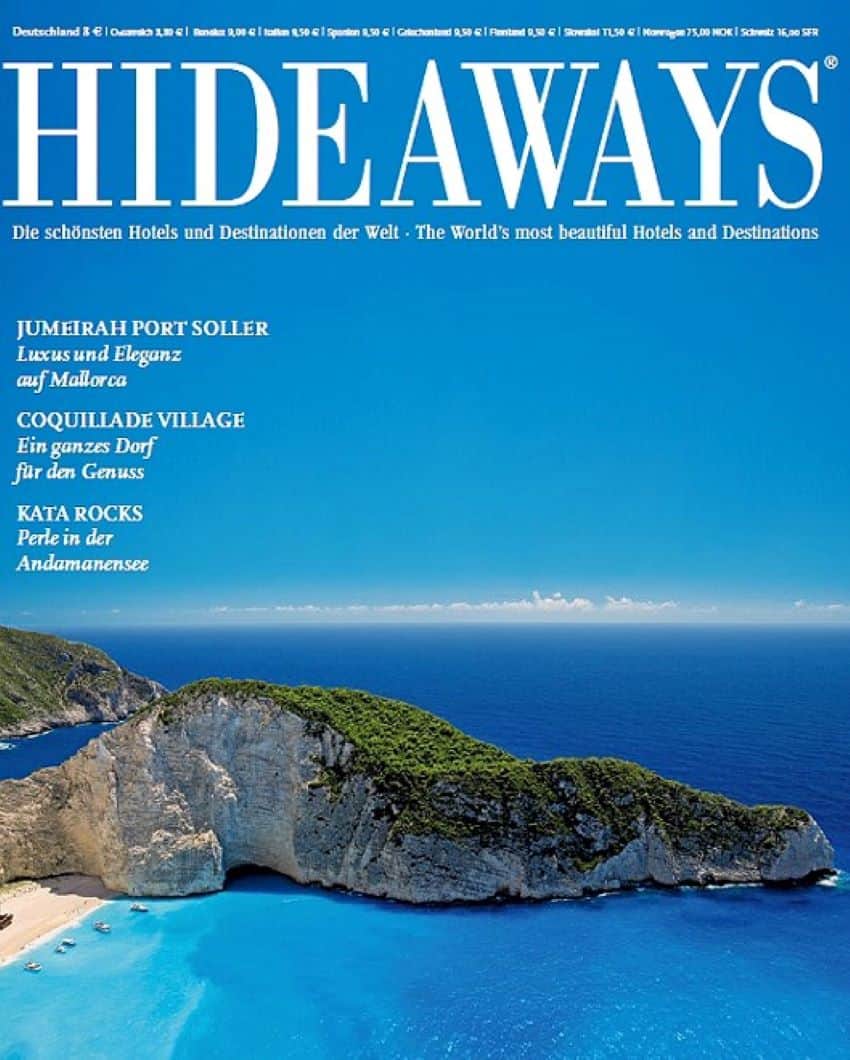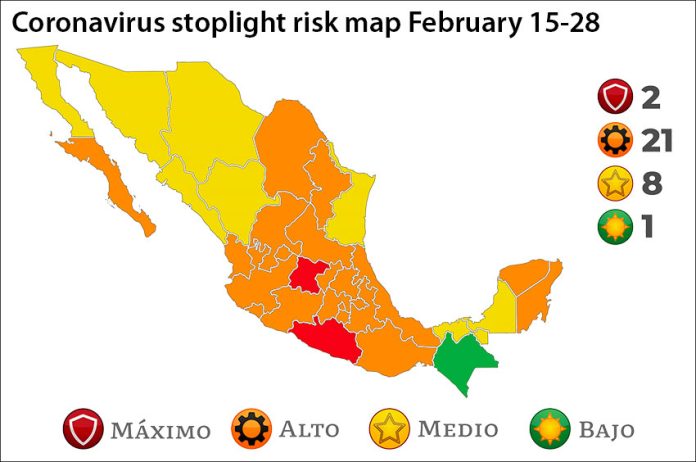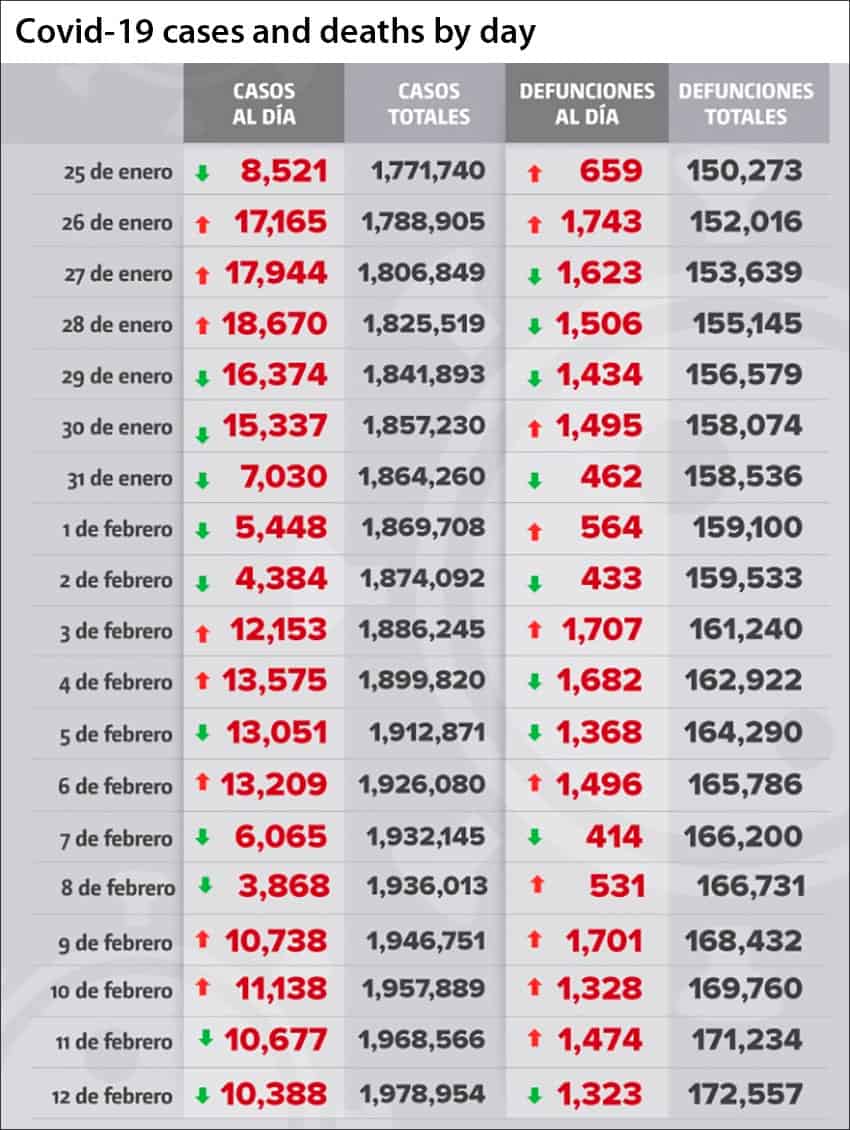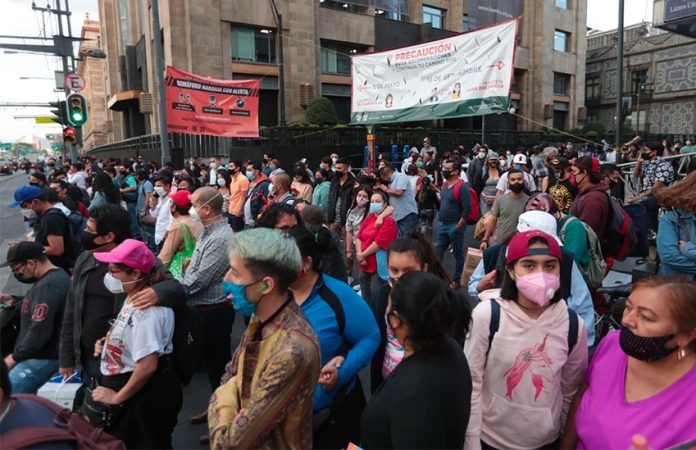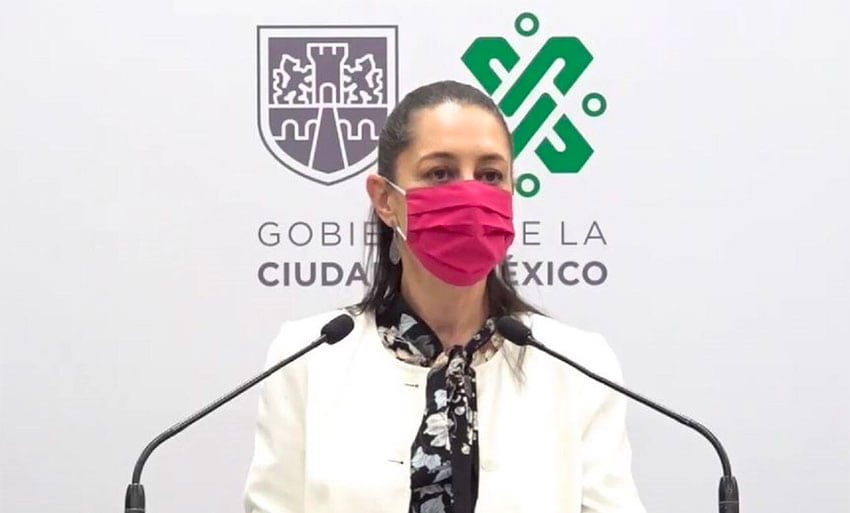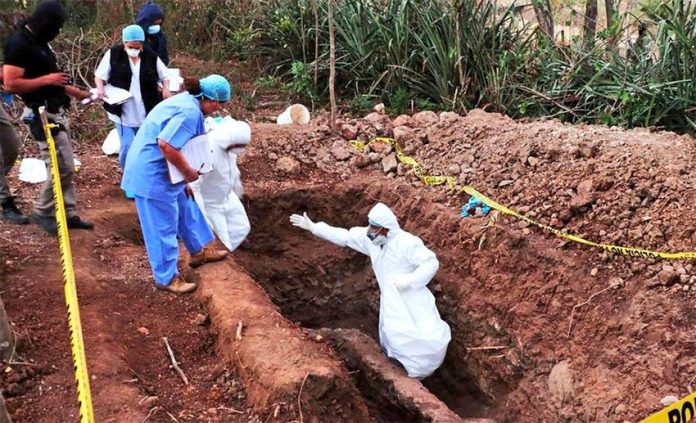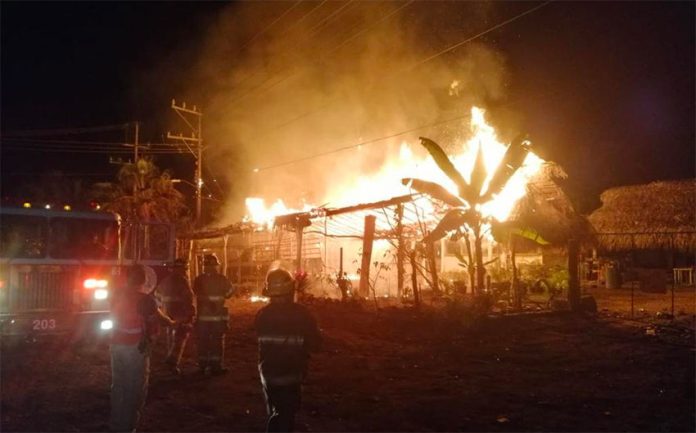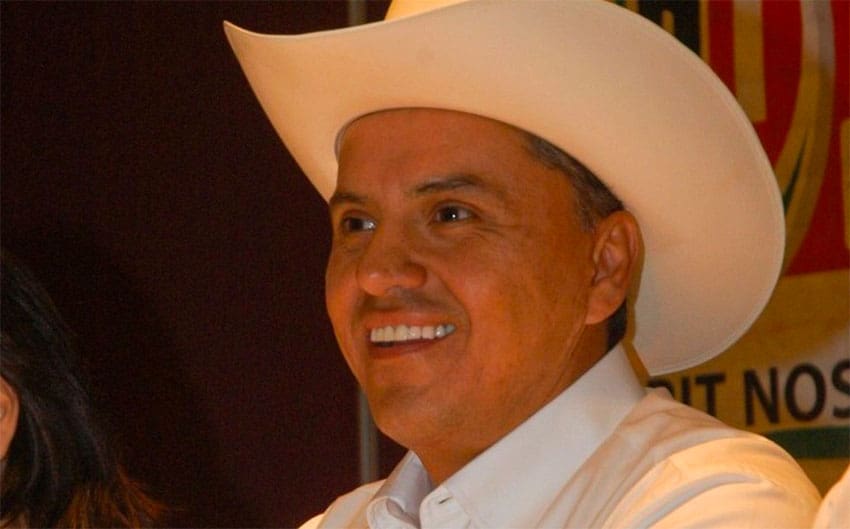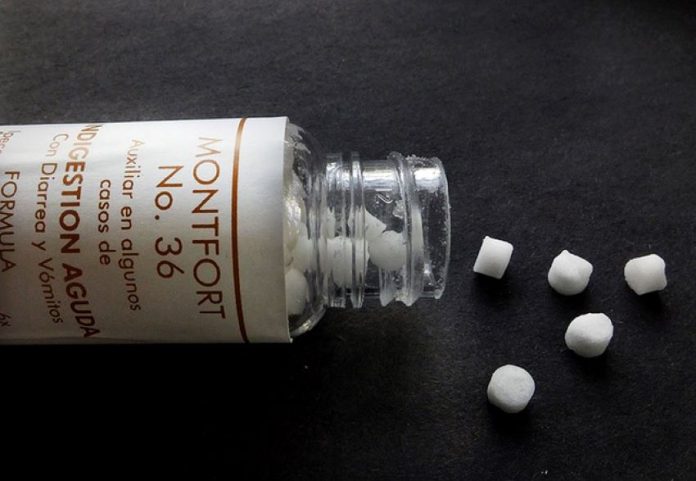Iconic Mexican figure Sor Juana, a familiar face for years on the 200-peso bill, recently got a makeover and a new home on the 100-peso bill, part of Mexico’s regular updating of its “families” of bills and coins to respond to economic and technological shifts. But these sorts of changes also regularly provoke political and cultural discussions as to what and who should be honored on Mexico’s money.
Sor Juana herself speaks to the discussion in recent decades regarding the appearance, or lack thereof, of female personages. Since 1969, only 10 women have appeared on Mexico’s currency, as opposed to 46 men. And only three have been historically significant — Frida Kahlo, Josefa Ortiz de Domínguez, and Sor (Sister) Juana Inés de la Cruz.
Some female figures have appeared representing a class of women, such as the “Adelitas” — women soldiers of the Mexican Revolution. Others have appeared for questionable reasons, such as Gloria Faure’s image in the early 20th century. Faure was the lover of Bank of México governor Alberto J. Pani.
Not surprisingly, most of the featured images are those of people involved in Mexico’s wars, especially the War of Independence and the Mexican Revolution. But in more recent times there has been pressure to honor those who have made contributions in the cultural realm, rather than just “national heroes.” Sor Juana’s image fits in well with this desire. However, when the Bank of México announced the introduction of a new series of bills, the fear was that all female images would disappear, including hers.
Alas, Frida Kahlo’s image seems to be gone, at least for now.

Although Kahlo is far better known internationally, in Mexico Sor Juana has an appeal that crosses generations and social classes. Comments in support of her image on Mexico’s money come with enthusiasm from Oxxo cashiers to head librarians at universities. She is one of the most recognized figures in classical Latin American literature, but her life of pushing the limits of what society permitted appeals to a wide public.
Juana Inés de Asbaje y Ramírez de Santillano (1648–1695) was born in the small town of San Miguel Nepantla, southeast of Mexico City. Although learning was not absolutely forbidden to women at the time, it was highly discouraged. Fortunately, her grandfather had an extensive library at the family hacienda. It is claimed that she learned there almost entirely on her own, reading by age 3 and writing by age 8. Her intelligence attracted attention, allowing her to travel to Mexico City to learn Latin. In 1665, she became part of the court of the viceroy’s wife, Leonor Carreto, where she astonished with the depth of her learning.
Although she received marriage proposals, she chose the life of a nun as it would allow her to continue studying and learning. She became well known for her poetry, written in Spanish, Latin, and Náhuatl. Her intellectual work skirted the boundaries of what was acceptable for a woman, getting away with much because she had supporters in the church and the court. Unfortunately, the cloistered life and fame did not afford absolute protection. Newer church leaders frowned upon her writing and attitudes about women’s intellectual parity with men. She eventually was forced to stop writing, do penance, and spend the rest of her life doing charitable works. She died in 1695, a victim of a plague caught tending to others.
As Mexico’s “Tenth Muse,” Sor Juana remained important academically. But it was the research and writing of Nobel laureate Octavio Paz in the mid-20th century that reintroduced her into the general Mexican consciousness.
Paz idolized her as someone pushing against a chauvinistic and authoritarian culture. However, because she lived over 350 years ago and nothing in her writings is remotely controversial today, she is a “safe rebel” to promote. She represents how far Mexican society has come, with her memory no threat to any current power structure.
This is likely why Sor Juana has appeared on various bills and coins for over four decades. She first appeared in 1978 on the 1,000-peso bill. High inflation turned this bill into a coin by 1988, which kept her image, but it disappeared with the 1992 peso revaluation. She then appeared again on the 200-peso bill, which did much to keep her alive in the popular imagination.

Despite her popularity, the Bank of México decided to return the images of Miguel Hidalgo and José María Morelos to the 200-peso bill, issued in 2019. She immediately stands out on the new 100-peso bill because of its vertical orientation.
The change does not signal a “downgrading.” In fact, the 100-peso bill has the widest circulation of all bills in Mexico, according to Alejandro Alegre, director of circulation of the Bank of México. Seventy million of the high-tech polymer bills will be printed before the end of 2021.
Fortunately, Sor Juana is not the only woman to appear on Mexico’s new series of bills. The others include Mexican revolutionary heroines Carmen Serdán and Hermila Galindo, sharing space with Francisco I. Madero on the new 1,000-peso bill. The last, poet Rosario Castellanos, is planned to appear with Octavio Paz on a proposed 2,000-peso bill, which is awaiting approval.
Leigh Thelmadatter arrived in Mexico 17 years ago and fell in love with the land and the culture. She publishes a blog called Creative Hands of Mexico and her first book, Mexican Cartonería: Paper, Paste and Fiesta, was published last year. Her culture blog appears regularly on Mexico News Daily.
